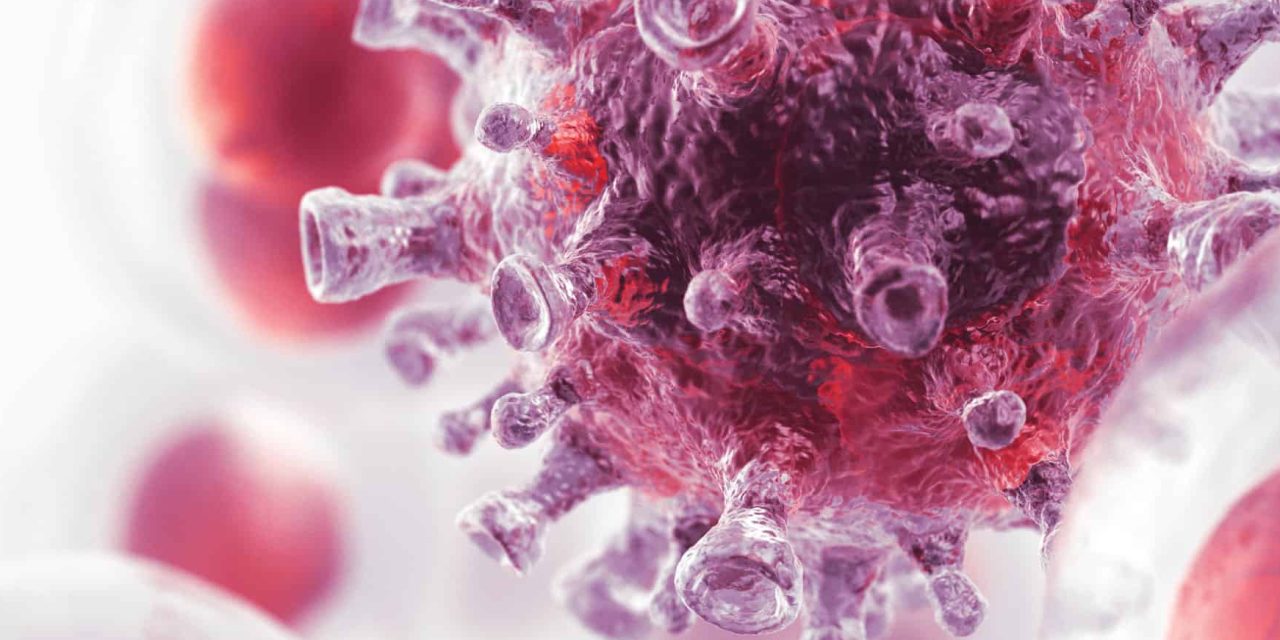Zika virus (ZIKV) has been detected in blood, urine, semen, cerebral spinal fluid, saliva, amniotic fluid, and breast milk. In most ZIKV infected individuals, the virus is detected in the blood to one week after the onset of symptoms and has been found to persist longer in urine and semen. To better understand virus dynamics, a prospective cohort study was conducted in Brazil to assess the presence and duration of ZIKV and related markers (viral RNA, antibodies, T cell response, and innate immunity) in blood, semen, saliva, urine, vaginal secretions/menstrual blood, rectal swab and sweat. The objective of the current manuscript is to describe the cohort, including an overview of the collected data and a description of the baseline characteristics of the participants. Men and women ≥ 18 years with acute illness and their symptomatic and asymptomatic household contacts with positive reverse transcriptase-polymerase chain reaction test for ZIKV in blood and/or urine were included. All participants were followed up for 12 months. From July 2017 to June 2019, a total of 786 participants (284 men, 502 women) were screened. Of these, 260 (33.1%) were enrolled in the study; index cases: 64 men (24.6%), 162 (62.3%) women; household contacts: 12 men (4.6%), 22 (8.5%) women. There was a statistically significant difference in age and sex between enrolled and not enrolled participants (p<0.005). Baseline sociodemographic and medical data were collected at enrollment from all participants. The median and interquartile range (IQR) age was 35 (IQR; 25.3, 43) for men and 36.5 years (IQR; 28, 47) for women. Following rash, which was one of the inclusion criteria for index cases, the most reported symptoms in the enrollment visit since the onset of the disease were fever, itching, arthralgia with or without edema, non-purulent conjunctivitis, headache, and myalgia. Ten hospitalizations were reported by eight patients (two patients were hospitalized twice) during follow up, after a median of 108 days following symptom onset (range 7 to 266 days) and with a median of 1.5 days (range 1 to 20 days) of hospital stay. A total of 4,137 visits were performed, 223 (85.8%) participants have attended all visits and 37 (14.2%) patients were discontinued.
Cohort profile: Study on Zika virus infection in Brazil (ZIKABRA study).


